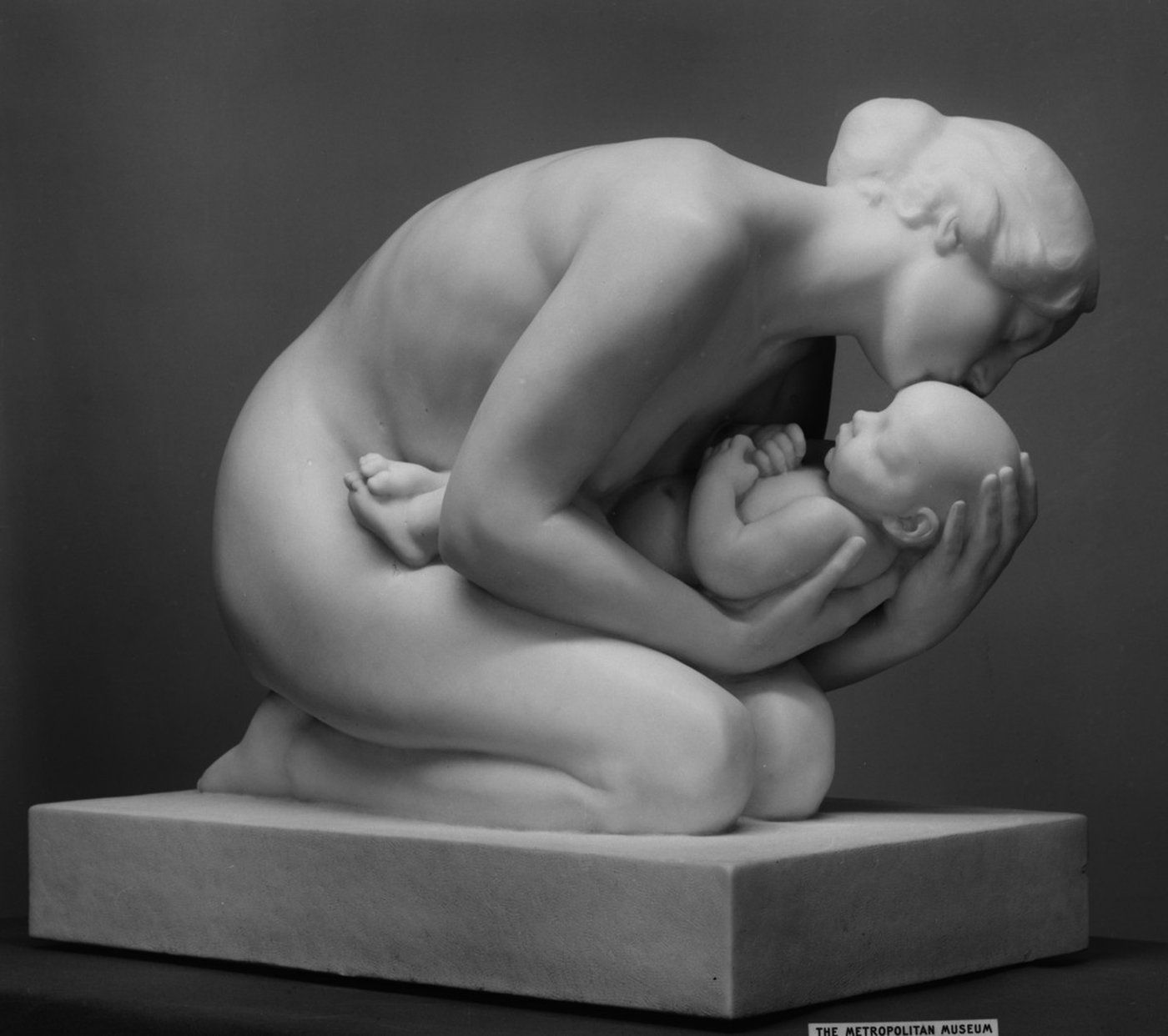By Danny Osborne, University of Auckland in Auckland
Beliefs about a woman’s ‘proper’ place in society are behind the some perplexing contradictions in attitudes to abortion.
“A woman is not a ‘real woman’ until she becomes a mother.” If you agree with this statement, there’s a fair chance you oppose abortion. Even as protesters take to the streets in the United States to protest the Supreme Court’s recent ban on nation-wide access to abortion, hundreds of millions of people across the world continue to believe that motherhood is a woman’s true calling.
Abortions are often grouped into two categories: traumatic abortion covers circumstances such as saving the woman’s life or pregnancies that occur due to rape or incest; elective abortion covers situations such as wanting to control family size, economic considerations or simply because the woman decides to have an abortion for her own reasons.
The vast majority of people support a woman’s right to choose in at least some of these circumstances – less than 15 percent of Americans oppose women’s access to abortion without exceptions. This places 85 percent of the US in opposition to the Supreme Court’s sweeping reversal of Roe v. Wade – a point that is no doubt reflected in recent polls showing historically high levels of disapproval of the highest court in the land.
For many years, women’s rights activists and scholars alike have attributed public opposition to abortion to misogyny, that is, hateful views toward women that maintain their lower status compared to men — and for good reasons. For example, a poll of nearly 2,000 likely voters in the 2020 US presidential election found that only 23 percent of pro-life advocates viewed the #MeToo movement favourably compared to 71 percent of pro-choice supporters. Further illustrating the misogynistic undertones of the abortion debate, Todd Akin, a former US Representative from Missouri, noted in a televised interview that, “If it’s a legitimate rape, the female body has ways to try to shut that whole thing down”. Vile and misinformed statements like this illustrate the anti-women sentiment that often enters the debate over a woman’s right to choose.
People who are openly hostile towards women oppose abortion for elective reasons, presumably because the perceived sexual freedom afforded by elective abortion could reinforce a view in the eyes of the hostile sexist that some women are ‘temptresses’. Yet hostile sexism is mostly unassociated with views on traumatic abortion.
But it is not misogyny alone that underlies people’s opposition to abortion. Rather, a constellation of factors appear to. Curiously, loving support of women as powerful wives and mothers is a critical predictor of whether someone will oppose abortion. Indeed, the reverence and protection reserved for women who conform to traditional gender roles – including the role of a sacrificial mother – predicts opposition to abortion better than open hostility and misogyny toward women.
The belief that women deserve protection from society creates a gilded cage that undermines their right to choose. It is a benevolent kind of sexism. And people with these views consistently oppose both kinds of abortion.
The finding goes some way towards explaining other research that predicts people’s views on abortion. Amongst the many things that are consistently associated with opposition to abortion — political allegences, level of religious belief, age — gender is often not one of them. In fact, men and women are sometimes equally likely to support or oppose abortion. Some work even shows that men may be more supportive than women of abortion. Given that abortion is inherently connected with women’s rights, this is an altogether surprising finding.
The research on the importance of benevolent sexism helps to clear up the inconsistent findings along gender lines — because many women cherish their roles as wives and mothers. Indeed, parents are more opposed to abortion than non-parents, perhaps reflecting their contentment with a traditional family structure and the status quo.
It also helps explain why religious and conservative people tend to be more opposed to abortion than their non-religious and liberal counterparts: many religions teach traditional gender roles that reinforce the view that men are the breadwinners and women should rule the house and raise children. This is also a view that is reflected in conservative rhetoric that valorises the traditional family unit.
Abortion is one of the central issues currently fueling the culture war in the United States and elsewhere. Attitudes toward women’s ‘proper’ place in society plays an important role in these debates. The protective chivalry of benevolent sexism undermines support for women’s reproductive rights and helps to explain why women can sometimes be more opposed than men to abortion. The reverence and security that benevolent sexism seems to promise women helps to explain why views on abortion remain divisive across the globe, why these attitudes continue to restrict women’s freedoms, and why these restrictions are so hard to combat.
Danny Osborne is an associate professor in the School of Psychology at The University of Auckland. He has published over 130 peer-reviewed journal articles and book chapters, and is also the lead editor of The Cambridge Handbook of Political Psychology.
Originally published under Creative Commons by 360info™.












